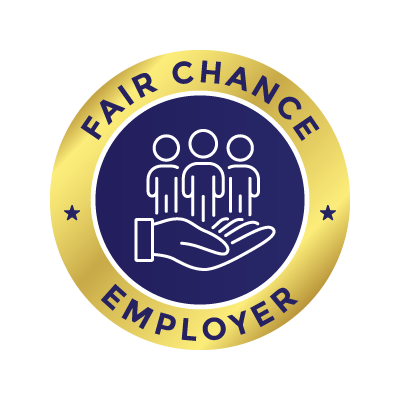You may believe that if you were arrested, but never convicted of a crime, or if you were charged with a crime, but the case was dismissed, that those records should not show up on background checks. Unfortunately, that is often not the case. Typically, all cases — regardless of whether you were found to be guilty or not guilty of a crime — are permanently on your criminal record unless they are expunged.
Understanding the types of records that show up on background checks can be overwhelming and confusing. In this blog post, we will break down the most common types of criminal records to help you better interpret your own record.
Below are the most common outcomes of a criminal case. A person can:
- Plead guilty;
- Be found guilty by a judge or jury, and be convicted of a crime;
- Be found not guilty;
- Be arrested, but never charged for a crime;
- Be charged for a crime, and have the case dismissed.
Convictions
A conviction record is among the most well known types of record someone can have. When someone is found guilty of a crime, they are convicted. Following a conviction, a person may be sentenced to serve time in jail or prison, agree to terms of probation, and pay a fine or fee, depending on a variety of factors in the case.
Dismissals and Acquittals
If a person is found not guilty of a crime, they are “acquitted” and the charges against them are dismissed, or dropped. This is true for cases dismissed with or without prejudice. Both higher and lower level offenses can be dismissed for many different reasons. With that, it is possible to have a combination of dismissals and convictions in the same case. Dismissed cases stay on your record unless you go through the legal process to expunge them. Dismissed cases typically still show up on background checks, but fortunately, they do not count towards the numerical limits on cases that impact someone’s overall eligibility. Expunging dismissed charges is done through the same process as clearing convictions.
Arrest Records
A lesser known type of records are arrest records. Arrests appear on your record as well, regardless of whether you are convicted of anything relating to the arrest or not. However, in comparison to criminal records, arrest records can be expunged as soon as 30 days following the arrest. You will still need to apply to BCI before starting the expungement process to ensure you meet the necessary qualifications, but those who are only looking to expunge arrest records often receive expedited review, so it takes less time to hear from BCI than traditional expungement.
Pleas
It is estimated that as many as 95 percent of cases in court are resolved through plea deals, according to the Bureau of Justice Assistance. It is common for people to enter into a plea deal regardless of guilt to avoid harsher sentencing or the uncertainties of going on trial. Pleading guilty to a crime can lower the severity of a conviction, lead to less jail time, or result in a prosecutor dismissing higher-level charges in a case.
A “plea in abeyance” is a certain type of plea deal where a person agrees to terms set by the court — which may include probation, drug testing, going to a treatment program, or paying fines — for a determined amount of time. Once entering into a plea in abeyance, a person is bound by the agreed upon conditions. The case will show up as a conviction record until the person successfully completes the terms, at which point charges will be dismissed. However, if the person fails to comply with the plea in abeyance agreement, the conviction on their record will stand. A plea in abeyance agreement is how most cases are handled in specialty courts, like drug and mental health court.




